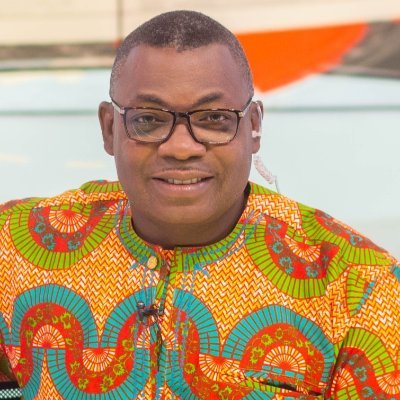In the evolving landscape of global journalism, credibility remains the cornerstone of public trust. The recent controversy surrounding the BBC’s alleged misrepresentation of a statement by former U.S. President Donald Trump — purportedly suggesting he incited an attack on the White House — has shaken confidence in one of the world’s most respected news organizations.
The incident, which reportedly stemmed from a manipulated or out-of-context clip, underscores a critical challenge in today’s digital media ecosystem: the urgent need for ethical vigilance and verification in news dissemination.
Erosion of trust and reputational risk
When an institution like the BBC is accused of distorting facts — intentionally or otherwise — the ripple effects go far beyond its newsroom. Partner media houses, syndicators, and digital platforms that reproduce BBC content automatically inherit the reputational risk. Audiences, unable to distinguish between the original source and the republisher, lose faith not only in the BBC but in mainstream journalism as a whole. In an age where misinformation spreads faster than truth, such errors can severely damage decades of credibility.
Why this matters for affiliate media houses
Local and international media outlets that rely on BBC feeds or citations face a double-edged challenge. On one hand, BBC’s global reach provides authoritative content that enriches local journalism. On the other, an editorial lapse at the source can tarnish secondary publishers, especially when audiences perceive them as amplifiers of misinformation.
To safeguard their credibility, affiliate outlets must exercise editorial independence and due diligence before rebroadcasting or republishing foreign content.
Restoring integrity: The way forward
Reinforce editorial verification pipelines
Media houses must invest in robust verification teams trained in fact-checking, digital forensics, and AI detection to authenticate the validity of imported content — especially audio-visual material that can be altered through deepfake technology.
Practice source transparency
Every syndicated or republished story should be clearly attributed, indicating its origin and editorial modifications. This transparency separates the identity of the local media house from the accountability of the source.
Adopt a “second source” policy
No foreign-sourced report, however reputable, should be aired or published without corroboration from at least one additional independent or primary source. Verification is the new credibility currency.
Implement real-time correction protocols
Mistakes can happen, but integrity lies in owning and correcting them swiftly. Media houses should establish rapid response frameworks to clarify inaccuracies and update audiences with verified facts.
Invest in media literacy and audience engagement
Educating audiences on how to detect manipulated content builds a culture of shared responsibility. When the public becomes more discerning, misinformation loses its potency. The new tech-related developments, no doubt represents a major shift in how news is gathered, compiled, edited, and shared thereby creating a number of challenges for the media.
The rise of fake news and the difficulty in verifying information have become serious problems in today’s digital journalism landscape because news spreads so quickly online—often without proper checks—the credibility of the media and the public’s trust in journalists can easily be affected.
To deal with these changes, journalists and media houses in Ghana must keep up with new technologies and continuously upgrade their skills (Kato et al., 2019). Media professionals need to maintain high standards of accuracy, objectivity, and quality in the content they produce (Yang et al., 2020). Even in the digital age, journalistic ethics remains a key pillar of the profession. Clearly, the shift from traditional journalism to digital journalism has transformed the way news is produced, shared, and consumed by audiences in our society today.
Conclusion
The Trump-BBC episode is more than a media blunder and embarrassment; it’s a wake-up call for the entire profession. As artificial intelligence blurs the line between truth and fabrication, journalism’s survival depends not on speed but on integrity, transparency, and accountability.
For the BBC and its global affiliates, this is an opportunity — not just to apologise, but to lead a renewed global commitment to ethical journalism. Restoring trust will take time, but the alternative — a world where truth is negotiable — is far worse.
Lots of commendations go to the UK Telegraph for upholding the principles of integrity journalism by courageously exposing the BBC’s misrepresentation of Donald Trump’s statement. Your commitment to truth, accountability, and ethical reporting reinforces public trust in responsible media and sets a powerful example for global journalistic excellence.
In Ghana, if a media house stands up against such level of misrepresentation, in the work of another, the offending media house shall accuse the protester of nothing short of pure witch-hunting and voyeurism.
Author’s Note: The future of journalism depends on how we respond to our own mistakes. For the BBC and every media outlet that carries its content, the path forward must be guided by one timeless principle: verify before you amplify.

